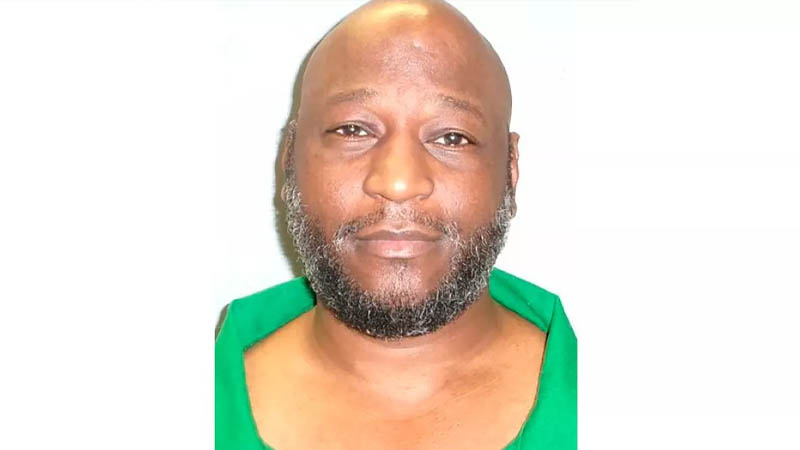South Carolina is set to carry out its first execution in more than a decade on September 20, marking the return of capital punishment in the state after a prolonged hiatus. Freddie Eugene Owens, a death row inmate convicted of double murder, faces execution and has been given the choice of method—lethal injection, electrocution, or the newly introduced firing squad.
The state, once known for its frequent executions, had paused capital punishment due to difficulties in obtaining lethal injection drugs. Pharmaceutical companies’ reluctance to supply the drugs without anonymity had left the state unable to carry out executions. However, a new law allowing officials to keep drug suppliers secret, coupled with recent approval from the state Supreme Court, has paved the way for executions to resume.
Owens, who was convicted of murdering store clerk Irene Graves during a 1997 robbery in Greenville, is likely to be offered the choice between the three execution methods. The firing squad, an option recently reinstated by the state, has not been used in the U.S. since a 2010 execution in Utah. The non-profit Death Penalty Information Center reports that this method is considered by some as the quickest and least painful.
In accordance with the law, the director of prisons now has five days to confirm that all three execution methods are available. They must also provide evidence to Owens’ legal team that the lethal injection drug is stable and properly mixed, following the high court’s interpretation of the state’s secrecy law. Owens, who is 46, will have roughly a week to choose his method of execution, told The Mirror US.
The lack of transparency around the execution drugs has sparked concern among legal advocates. “The lack of transparency about the source of the execution drugs, how they were obtained, and whether (they) can bring about as painless a death as possible is still of grave concern to the lawyers that represent persons on death row,” said attorney John Blume in an email statement.
Owens’ case is one of several that could see the resumption of executions in South Carolina. The state’s most recent execution was in May 2011, but the pause that followed was unintentional, caused by the expiration of the state’s lethal injection drug supply. Since then, the number of inmates on death row in South Carolina has decreased from 63 in 2011 to 32 today, as some inmates have won appeals or died of natural causes.
With the resumption of executions, the state Supreme Court has ruled that neither the electric chair nor the firing squad constitute cruel punishment, clearing the legal path for these methods to be used. The state’s General Assembly authorized the creation of a firing squad in 2021, offering inmates a choice between it and the electric chair, which the state has used since 1912.
Owens, whose death sentence has been upheld through multiple appeals, now faces a decision that could determine how he will be executed. As South Carolina reenters the practice of capital punishment, the case underscores the ongoing debate over the methods and morality of the death penalty in the United States.


